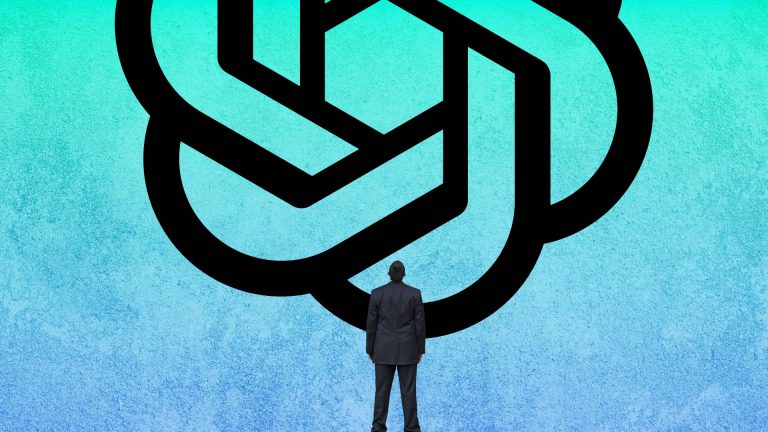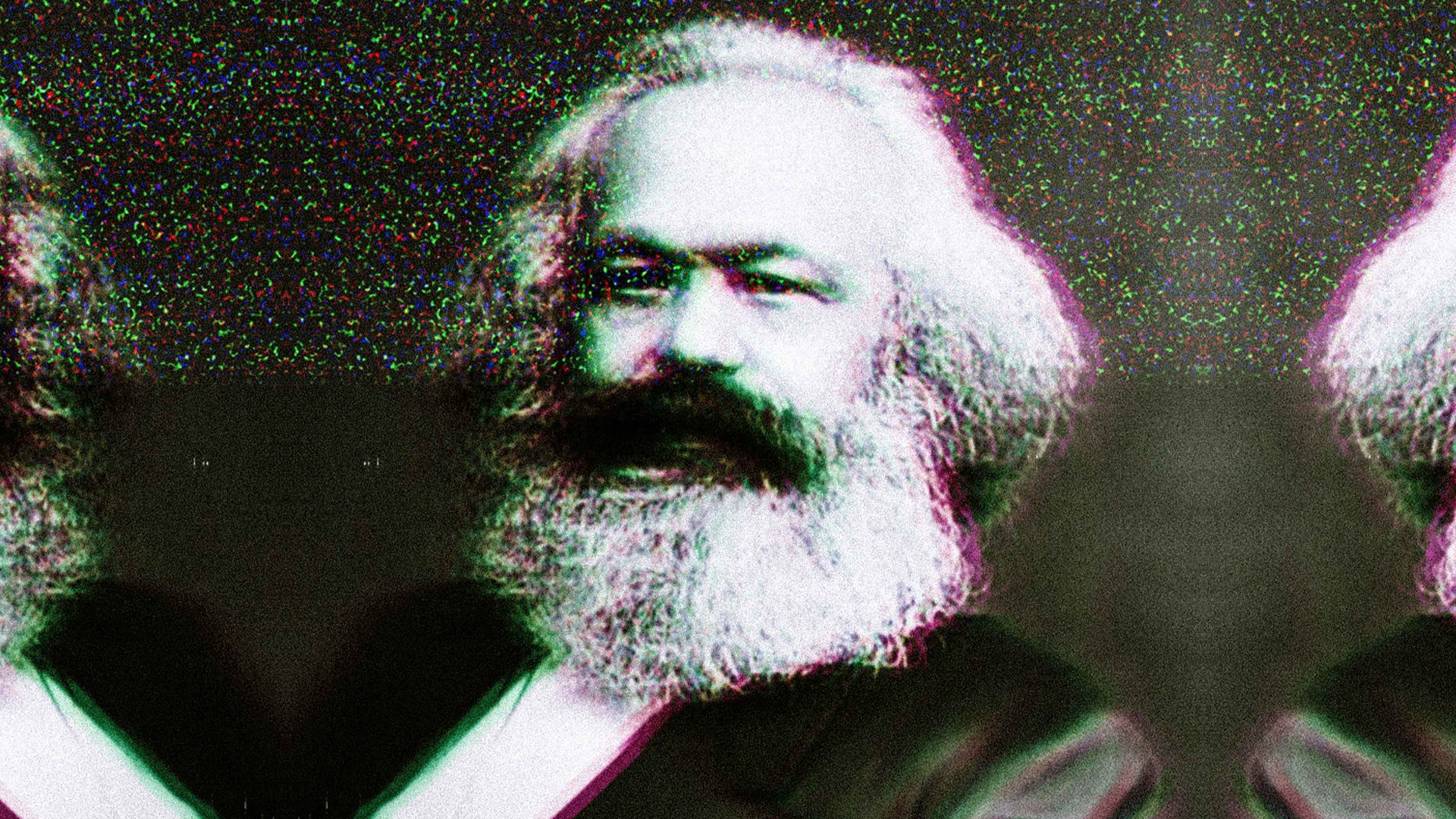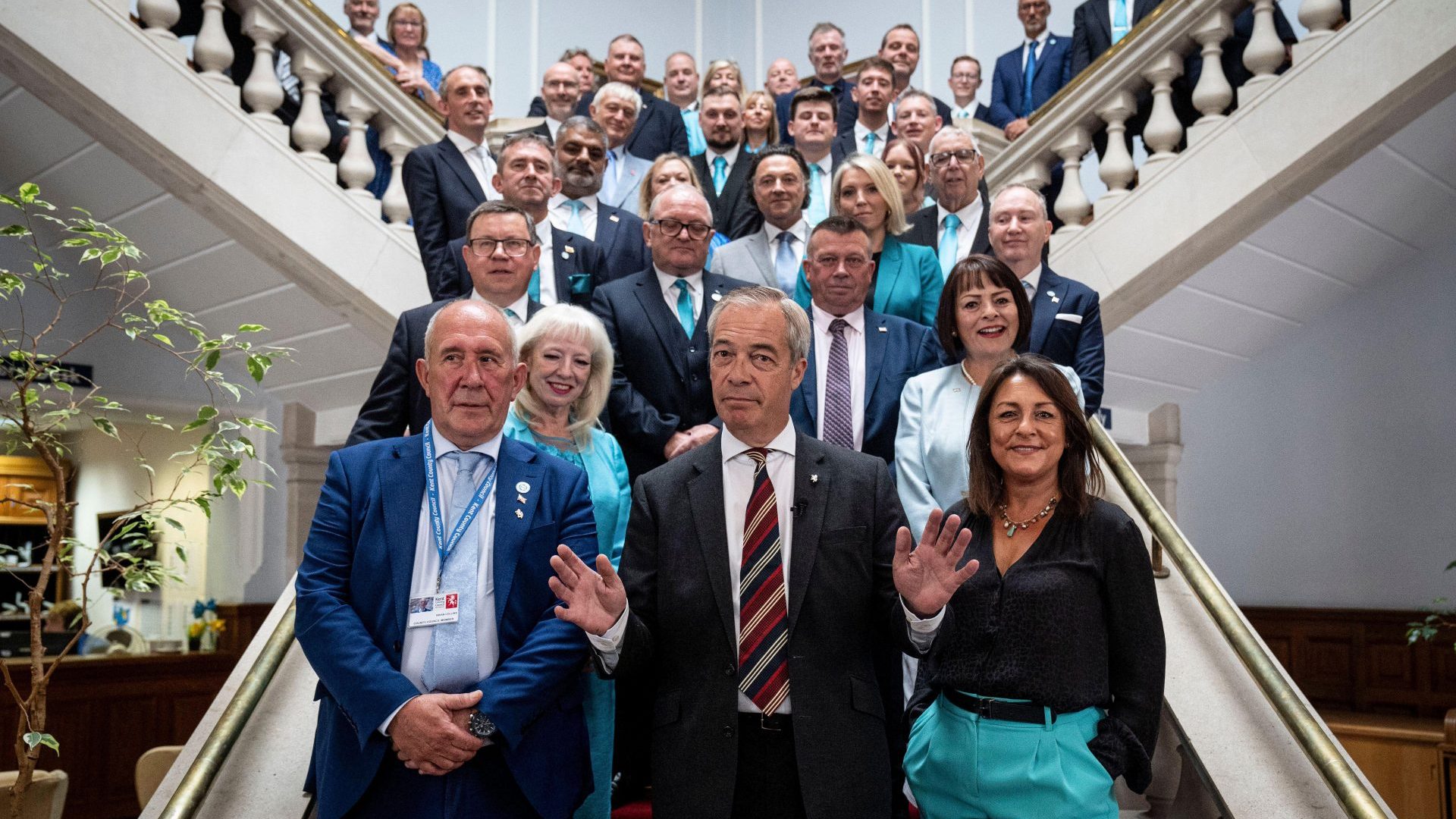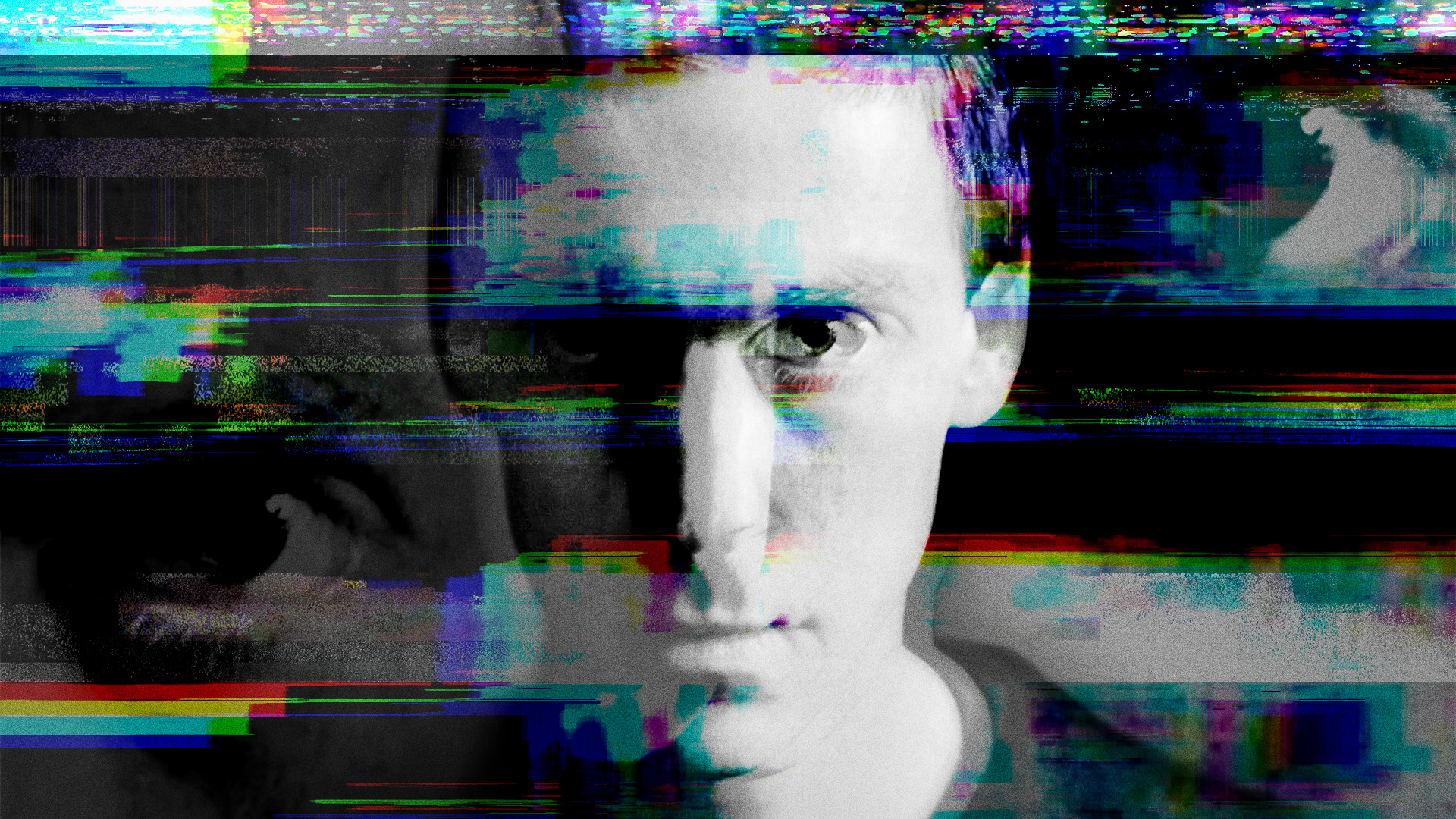Last week saw the first reported example of a cyber attack designed and orchestrated using artificial intelligence. The AI company Anthropic revealed that criminals linked to the Chinese state had hijacked Claude, their AI programme, and used it not just to design but to execute an attack on banks, chemical companies and other tech corporations.
The report is a dramatic illustration of the unforeseen power of AI. And when I read it, I immediately thought of Karl Marx.
The current stock market valuations of America’s artificial intelligence corporations imply rates of growth and profit that are unachievable. It is therefore likely that, between now and the achievement of anything approaching “artificial general intelligence” – ie a machine that can out-think humans – western finance will undergo a spectacular liquidation.
But the bigger question haunting economists is whether capitalism can survive the transition to an AI-driven economy at all. Numerous research papers are flying around in which economists try to model the effects of increased automation on work, productivity and wages.
Some believe that, since every technological revolution has created new needs, requiring humans to perform new tasks, the same will happen with AI. Just as the job of stagehand in a vaudeville theatre was replaced by the job of cinema usherette and movie production assistant, the job of driving a van might be replaced by the job of monitoring a fleet of parcel delivery drones.
Others believe that, though AI will rapidly automate most tasks where humans interact with things, and even automate the innovation process itself, that will simply shrink the proportion of GDP devoted to such activity, allowing human-to-human services (elderly care, hypnotherapy, dentistry and the rest) to expand.
A third school insists that the 200-year pattern of innovation creating as many jobs as it destroys will be broken by AI. If there is a limit to the complexity of tasks humans can perform, but no limit to the complexity of things AI can do, then, say University of Virginia economists Anton Korinek and Donghyun Suh, productivity will expand without a corresponding advance in wages, which would collapse. And long before that event, wages will continue to lag productivity gains, causing a slump in consumption.
Nobody, as yet, is prepared to speculate as to whether humans – already highly discontented at the stagnant form of capitalism we have today – will allow themselves to be plunged into deep poverty for the sake of the AI billionaires becoming trillionaires.
But what’s clear is that – like digital networked communications – AI will create massive asymmetries both of wealth and power. Long before any machine out-thinks us, the humans who own and control digital technologies will exert more power over societal outcomes than any monopolist or dictator in the past 200 years.
Ten years ago, in a book called Postcapitalism, I outlined an alternative – and we don’t need rapid advances in artificial intelligence to achieve it. Instead of worrying about the proportion of labour to capital in the economy, we should use networks, automation and robotics to expand the amount of free time and non-market interactions.
It is a wholly different project than communism, which sought to eradicate the market through state ownership and centralised control. It rests, instead, on an insight the economist Paul Romer grasped in the early 1990s: that information goods behave differently to physical goods. Information goods – like a music track, a software application or the design of an aircraft engine – need capital and labour to create, but once they exist they do not need to be “owned”.
Unlike a car parking space, or a cheeseburger, they are “non-rivalrous”: everybody can consume them at once. In addition, their reproduction costs are low: the physical space on a server, the energy needed to power it, plus the transmission cost across the network to an end user. In fact there is so little added value in an information product, it should be ultra-cheap or even free, unless its price is inflated by an artificial monopoly.
Suggested Reading


Why I hate bleak, bland AI
As early as the 1960s the economist Kenneth Arrow pointed out that the purpose of “intellectual property” is to create an artificial scarcity of information. So the solution to the disruptive potential of AI, as with the digital information revolution itself, is to erode the property rights of information owners.
You would obviously have to reward the creators – obviously not with the excessive amounts being thrown around in the USA right now. But once rewarded, the knowledge they have created should be treated as a public good.
The policy challenge – beyond the issues of risk, criminality and safety – is to manage the transition in an orderly way.
Did any of the classical economists anticipate this? Karl Marx did. Maybe somebody slipped a hallucinogenic leaf into one of his cigars, but in 1858, in a notebook known as the Fragment on Machines, Marx imagined a future where all knowledge is co-ordinated by a “general intellect” and machines cost nothing to make. That, he wrote, would “blow capitalism sky high”.
As he worked on his magnum opus Capital, Marx abandoned this idea. But it remains the only coherent model of breakdown in his oeuvre, and has been celebrated since its rediscovery by Italian anarchists in the 1960s.
When the AI bubble inevitably bursts, wiping out the savings of people who’ve been foolish enough to buy into its late stages, I am certain Marx’s bearded face will appear once again on the front pages of the Economist and Financial Times. But unlike with the dotcom bust or the Lehman Brothers crash, this time he should be cast not in the role of Nemesis, but Cassandra.
The automation of everything will require us to de-link work from wages, to suppress the right of billionaires to monopolise the means of production of information, to reduce hours worked and expand both the quantity and quality of leisure time. We can, of course, go on ignoring these opportunities; or we could – like the anti-computing “jihad” in Frank Herbert’s novel Dune – declare war on intelligent machines.
But to the extent that artificial intelligence delivers higher productivity, destroys more jobs than it creates and thus tanks wages, we are going to need different solutions than any on offer from freemarket capitalism, social democracy or even the state-owned economy of the PRC.
Designing those solutions is going to need every wing of politics to embrace the challenge: if you can imagine a world in which a machine designs, builds and runs the physical systems we need to survive, you also have to be prepared to imagine the end of capitalism.




